This post continues an occasional series on writers — how and why they write, what inspires them and how they overcome challenges like writer’s block and rejection.
Previously we’ve heard from Jim Ottaviani, Lara Zielin, Bruce DeSilva and Jennifer Worick.
Today’s Q&A features a baker’s dozen questions with Jim Tobin, a newspaper reporter turned author and college professor.
From the announcement of Miami University granting him tenure in 2009:
James Tobin, associate professor of journalism, has been granted tenure. Tobin is a specialist in the areas of literary journalism and narrative history. After a semester as the Weipking Visiting Professor, he joined the Miami faculty in fall 2006. He is currently at work on a book about Franklin Roosevelt’s experience of disability, for which he was granted a National Endowment for the Humanities fellowship in 2008. Tobin’s first book, Ernie Pyle’s War: America’s Eyewitness to World War II (Free Press, 1997), won the 1998 National Book Critics Circle Award in biography. In 2003, Tobin edited and provided commentary for Reporting America at War: An Oral History (Hyperion), the companion volume to a two-part PBS television documentary on war correspondents in the 20th century.
Tobin’s most recent book is To Conquer the Air: The Wright Brothers and the Great Race for Flight (Free Press, 2003), which Publisher’s Weekly called a “detailed yet truly exciting tale…extraordinarily well-written and deeply nuanced…stunningly effective in presenting the intertwining lives of the brothers and an amazing cast of friends and competitors….” Tobin is also the author of Great Projects: The Epic Story of the Building of America from the Taming of the Mississippi to the Invention of the Internet (Free Press, 2001), a companion book to a four-part PBS documentary series by the filmmaker Stephen Ives.
After earning bachelor’s and doctoral degrees in history at the University of Michigan, Tobin was a reporter at The Detroit News for 12 years, where his work was twice nominated for the Pulitzer Prize.
(Editor’s note: yes, of course there’s a Michigan connection. You aren’t surprised, are you?)
1. What have you written?
I’ve written three books in the genre called “popular history,” with the “popular” being more hopeful than statistical: “
Ernie Pyle’s War,” a biography (1997); “
Great Projects,” a coffee-table companion to a PBS series (2001); and “
To Conquer the Air: The Wright Brothers and the Great Race for Flight,” which is about the brothers and their largely unknown rivals. (2003).
I’ve also collaborated on two children’s picture books — one that’s been published, “
Sue MacDonald Had a Book” (2009) and another that’s in the works. These were done with a great syndicated cartoonist,
Dave Coverly, creator of the cartoon panel “
Speed Bump,” who lives here in Ann Arbor.
I’m working on a book about Franklin Roosevelt and polio. It’s late.
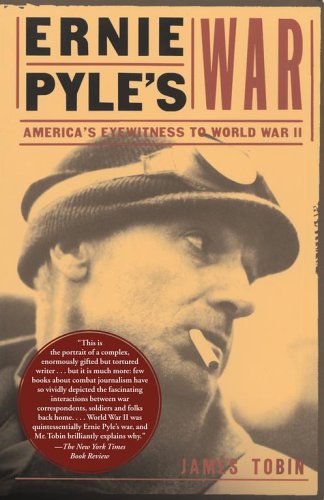 2. What do you wish you’d written?
2. What do you wish you’d written?
The most recent thing in this large category is Adam Hochschild’s book about genocide in the Congo, “
King Leopold’s Ghost,” a deeply serious and sad book, but a great piece of narrative writing, too.
3. Who or what inspires you?
I get inspired by really good writing, nonfiction and fiction, and by pieces by or interviews with good writers who talk about how they write, and how hard it is, and how they do good writing by dint of hard work instead of native genius. I also get inspired by the need to make money.
4. How do you answer when someone asks you, “What do you do?”
This is trickier since I started teaching. I used to be slightly embarrassed to say, “I’m a newspaper reporter” — shame on me for being embarrassed — then extremely proud to be able to say: “I’m a freelance writer.”
Now I have to go on and on after saying, “Well….I do a couple different things.” Each is problematic.
– Me: “I teach journalism.” Response: [wry smile] “Oh, God…what are you telling those poor kids?”
– Me: “…and I …. write books.” Response: “Oh….would I know the titles?” Me: “No.”
– “….and I do freelance writing.” Response: “Oh….like, for the New Yorker?” Me: “No.”
All of these exchanges are preferable to the old response to saying: “I’m a newspaper reporter” —
“Oh….like, do you have a column?”
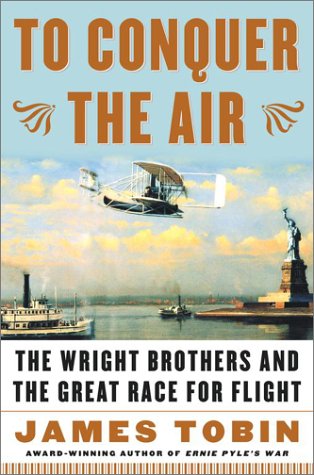 5. When do you most enjoy writing? What do you enjoy least?
5. When do you most enjoy writing? What do you enjoy least?I hate interviewing, especially calling people to ask for interviews. So I like practically any kind of writing that doesn’t require interviewing. But I guess this is like saying: “I like writing when I don’t have to take poison.”
So a better answer is that I like writing when I really know what I want to say. The pain comes when I haven’t really figured out what I’m trying to do.
6. Describe your favorite writing environment.
I like writing at the far seat at the counter at Starbucks at Main and Liberty in Ann Arbor.
7. How do you budget your time for the creative part of writing versus the business side – marketing, communicating with your agent or editor, tracking finances, etc.?
The cliche: Badly.
But I try to use David Allen’s “Getting Things Done” system and I think it’s really great.
8. How do you deal with writer’s block?
Writer’s block, for me, is always the result of not really understanding the material I’m trying to write about. So I go back and try to figure it out.
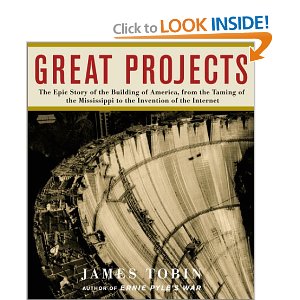 9. How do you deal with rejection?
9. How do you deal with rejection?
I don’t think I’ve ever had a piece of writing rejected. No brag, just fact.
Well, come to think of it, that’s not true. The New Yorker rejected a story idea about the Wright brothers’ sister. I dealt with this by thinking, “Okay, fuck you, you East Coast snobs who wouldn’t know a good story based in the Midwest if you saw one.”
The New York Times rejected an idea for a commemorative op-ed about Ernie Pyle on the anniversary of his death. I dealt with this by thinking: “Okay, fuck you, you East Coast snobs who wouldn’t know a good story based in the Midwest if you saw one.”
And one of my favorite editors at the Detroit News rejected a historical feature I wrote in observance of the 50th anniversary of World War II. It was about the G.I.s’ frequent use of the word “fuck.”
10. Do you outline a structure before you start writing or do you just let the story unfold?
I outline a lot. Letting a story unfold is like a carpenter saying: “Okay, let’s just let this house unfold.” But I try to be alert to signals that I ought to change the outline as I go along.
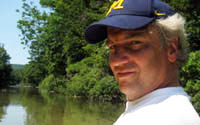
11. Do you know immediately when you’ve written something good?
Yes.
12. Did anything about your approach to writing change after you were first published?
It got harder. A little success made me set the bar higher, which tensed me up. It still does.
It’s wrapped up in my sense of self-worth, because my parents and my older brother and sister put a high value on books and words and language. And I absolutely love to read, so I just love taking part in the whole culture of reading and writing.
Categories: career, creativityTags: authors, Ernie Pyle, Ernie Pyle's War, Franklin Roosevelt, Great Projects, Great Race for Flight, history, James E. Tobin, James Tobin, Jim Tobin, Miami University, michigan, polio, To Conquer the Air, University of Michigan, Wright Brothers, writers, writing
 9. How do you deal with rejection?
9. How do you deal with rejection?


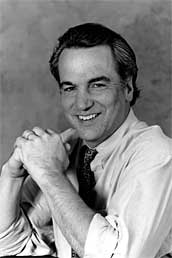


7 Comments
John T.
Good post, Colleen. Thanks, Jim for hipping me to David Allen. We creative types can use all he help we can get. I’m ordering a copy of his book. (used, in “very good” condition, of course….)
Lara Zielin
Jim has so many awards and such a wealth of good writing under his belt that he could really be a prick. Thankfully, and as this interview exemplifies, he’s not. Ever. Just the opposite, in fact.
Great series, Colleen! (And I’m not just saying that because I’m part of it. It’s more like the Hair Club for Men — you can extol the benefits while also being a member.)
Cara W.
Did Jim Tobin grow up in Farmington,MI?
Chris Tiernan
Tobin’s book on Ernie Pyle is an amazing account of an amazing American. Grab a copy
Leave a reply